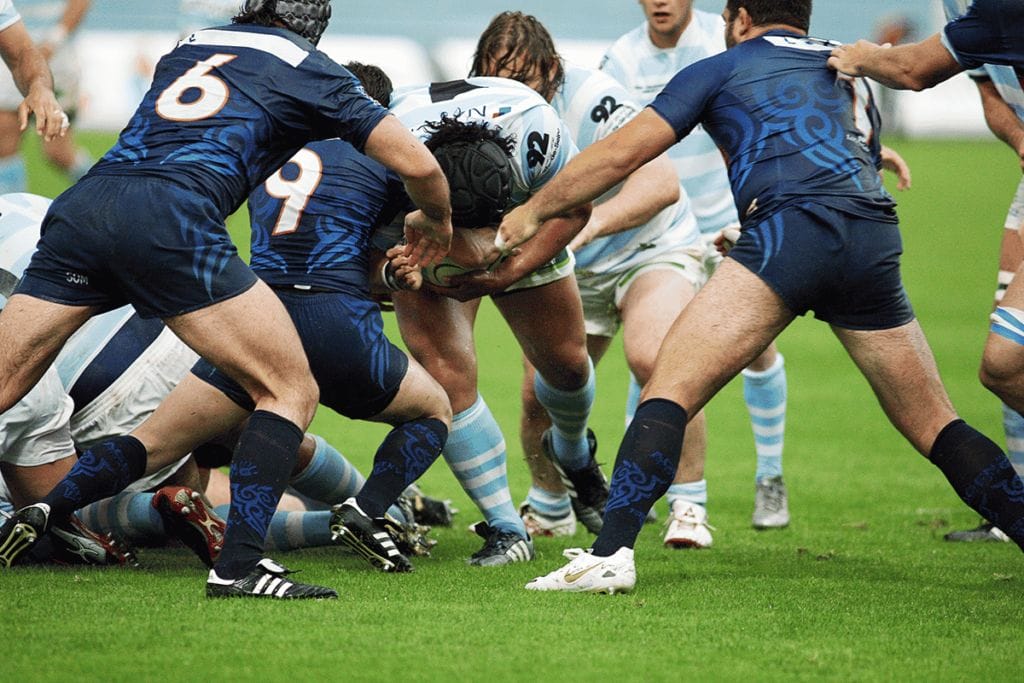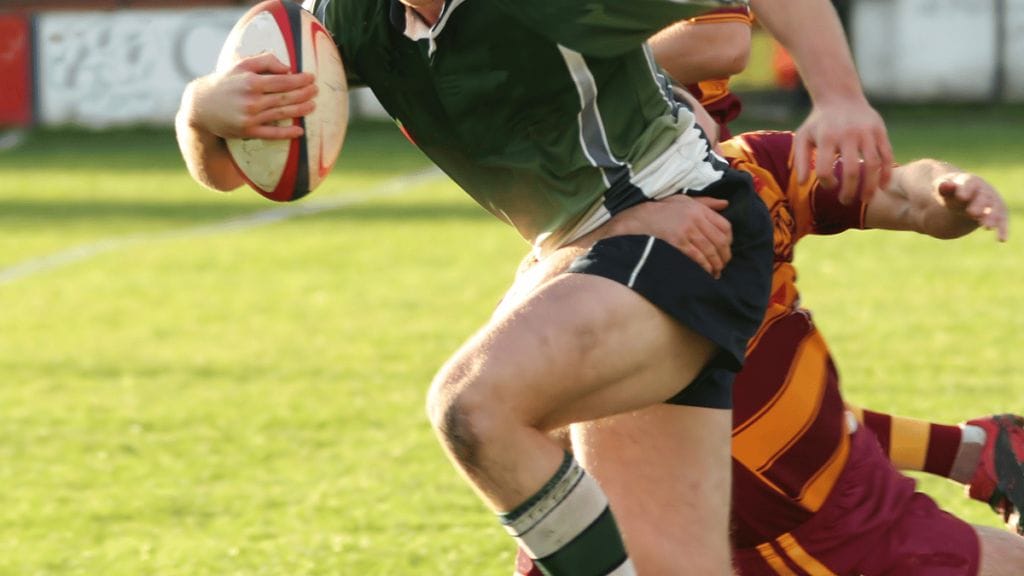There’s no doubt that speed is one of the most important factors in rugby. It determines how quickly you can get to the ball, how well you can avoid tackles, and how effective you can be in open play.
For a long time, the game of rugby has been associated with brute force and size. However, in recent years more people have begun to appreciate how much speed and agility can contribute to success on the rugby field. Together, speed training and agility training are now a key part of most rugby players’ training regimes—at least the ones who are at the top of their game (and want to stay there).
Training for explosive power is especially important in rugby. The ability to accelerate quickly can give you a big advantage when trying to catch or evade an opponent. It’s also useful for making last-ditch tackles and getting to the ball first in a ruck or maul.
Here are 7 reasons speed is critical for rugby players:
#1 In rugby, speed is the great equalizer.
A smaller player can often use their speed to get past bigger opponents. This was famously demonstrated by the All Blacks’ winger, Jonah Lomu, who used his speed and power to great effect against much larger defenders.
#2 Rugby is an open and expansive game—with space to exploit for fast players.
Speed allows you to exploit space. In an open game, the team with the quickest players will often be the ones that create the most chances.
#3 Speed is essential for getting to the ball first.
Yes, it’s obvious, but it needs to be mentioned. In rugby, the team that gets to the ball first has a big advantage. If you’re faster than your opponents, you’re more likely to be the first to the ball and gain that advantage. This alone can be the difference between winning and losing.
#4 Speed is crucial for avoiding tackles.
The faster you are, the more difficult you are to tackle. This is because defenders need to not only catch up to you, but also time their tackle perfectly. If you’re too fast for them, they’ll often miss or make a poor tackle attempt, which can lead to a turnover or a try.
#5 Speed is key for making last-ditch tackles.
Tackling is a key part of rugby, and the ability to make a big impact tackle can often be the difference between winning and losing. If you’re fast, you’re more likely to get to the ball carrier before they can offload or pass the ball, which can lead to a turnover.
#6 Speed can help you create space for your teammates.
If you’re faster than the defenders, you can often draw them out of position, creating space for your teammates to attack. This is one of the most important aspects of speed in rugby, as it can often be the difference between winning and losing.
#7 Defense, defense, defense.
Speed is as important a factor in defense as it is in offense. The ability to get back quickly and make tackles can be the difference between winning and losing.
If you want to be successful on the rugby field, make sure you’re training for speed (and agility). It’ll give you a massive advantage over your opponents—even if they’re bigger than you. The next time you take to the pitch, try to notice how much speed training your opponents (and hopefully, your teammates) have put in.
You might be surprised at how much of an impact it can make—literally.


